Urine In Compost (The Amazing Value of Pee!)
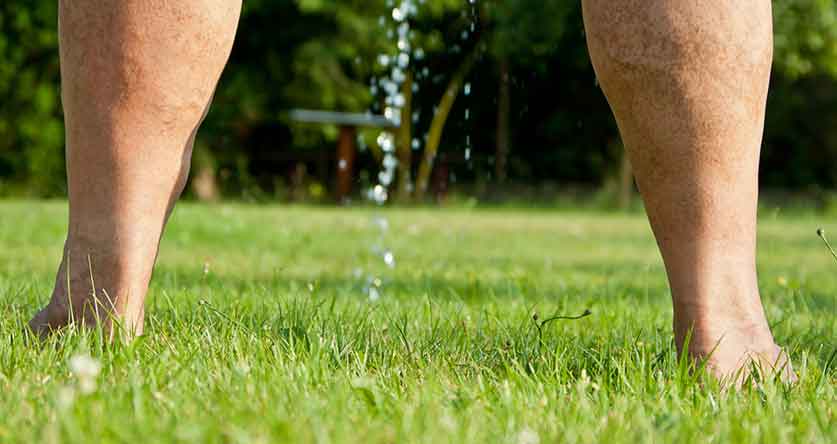
You may have heard that urine is good for your plants.
And as a compost enthusiast, this may have given you a bright idea!
Can you recycle urine and add benefits to your composting process?
If so, how should you do it, and are there any dangers when adding urine to compost?
Below I’ll give you the answers to these “piddling” composting questions and some additional handy tips for this unusual compost ingredient!
Can You Use Urine In Compost?
Urine can be used in compost because it is high in nitrogen and other micronutrients beneficial to your plants. However, this practice should be done with care to prevent contamination by pathogens or creating too much nitrogen content in the composting process.
So why would people want to use urine in compost?
What are the real advantages?
Peeing on your compost pile sounds like a bizarre thing to do, but the benefits have been understood for thousands of years! In fact, it may be your most valuable source of free composting material!
Urine has a high nitrogen content, but it also contains potassium, phosphorus, and other trace elements that are good for plants.
Urine is effectively sterile, which means it doesn’t transmit pathogens and disease, so long as you eat a healthy diet and don’t take medication.
Saving your pee for the compost pile is also more ecological! If you think about it, this practice saves using fresh, clean water to flush it away and does not pollute natural watercourses.
However, pee is a waste product and a method our bodies use to eliminate excess salts and other wastes, including heavy metals. This means that “excessive” use of urine can be detrimental to your compost pile and your plants.
Using urine in your compost can be done, but you must follow some basic guidelines to make it safe and retain balance within the compost pile.
Does Urine Speed Up Composting?
Urine can be regarded as a “green” layer in your composting process since it is high in moisture, nitrogen, and uric acid.
This is similar to adding greens, kitchen scraps, and lawn clippings to the compost pile but in a higher concentration. The addition of nitrogen drives the decomposition of the brown or carbon elements in the compost pile.
The high nitrogen and uric acid or urea content of the urine help to speed up the composting process. So it can kickstart the decomposition process in a slow compost pile.
For example, pre-soaking paper and cardboard with urine is one of the best ways to use these two composting ingredients. This is because the high nitrogen content in urine balances perfectly with the high carbon content of paper and card.
So Is Urine A Compost Accelerator?
As a result of the compost-boosting characteristics of human (or animal) urine, adding this wastewater to the compost will function as an accelerator and help to initiate the decomposition process.
Adding urine to a new compost pile is similar to adding a commercial compost accelerator to boost the process. However, some would argue that this is a more natural method than a commercial product.
Tip: The best time to use urine as an activator or accelerator for a compost pile is in the early morning, when the uric acid levels in your urine are at their highest.
How To Compost Urine
To get the most effective use of urine without the effects becoming detrimental to the compost or your plants, there are a few things to keep in mind…
Humans need to urinate several times a day, but this doesn’t mean you should pee on your compost pile every time you go past! Urine is suitable for your compost, but as we know, too much of a good thing can become detrimental when used in excess.
Urine should not be stored for a long time. Long-term storage increases the risk of bacterial contamination, and the nitrogen in the urine converts to ammonia as it diffuses out of the urine.
As a result, it should not be stored for longer than 24 hours before being used in your compost or garden.
Note: The urine used in compost must not be contaminated by any fecal matter, which introduces dangerous pathogens to the mix. This risk makes the method you collect the urine important when you intend to use it for composting.
Only collect urine when you pee and use a separate container, such as a bottle with a lid. The alternative is to urinate directly on the compost pile.
Another effective method of using urine in compost is to lay out some straw “pee bales” and urinate on them throughout the day as needed.
The straw will soak up the urine and the associated nutrients and can be added to your compost pile. The “green” nitrogen-rich pee perfectly balances the “brown” carbon straw material.
Tip: If you live near a farm, used straw animal bedding has precisely the same valuable combination. You might be able to collect this for use in composting.
The pee you do not use in your compost can be applied directly to the garden by diluting it in the ratio of 10 parts water to 1 part urine. This solution can be used on plants and lawns or to improve the nitrogen content in poor soil.
Note: It’s always a good idea to test your garden soil before treating it. It gives you valuable insight into the soil’s starting point. A simple and rapid soil testing kit like this one is all you need. (Amazon)
Human Urine in Compost
Urine is effective as a compost ingredient because of its mineral and vitamin content, the concentrated amounts of nitrogen-rich urea, and the water content.
Water is the main ingredient, which helps keep the compost pile moist and provides a suitable environment for the microbes responsible for decomposition.
Urine is rich in nitrogen, potassium, and phosphorus, the chemical makeup of any commercial NPK fertilizer. The “N” stands for nitrogen, the “P” for potassium, and the “K” for phosphorus.
These minerals have been proven to be the primary nutrients required for healthy plant growth, resulting in their addition to commercial fertilizers.
Human pee adds the same minerals to your compost and will enrich the final end product when the compost has matured.
The high nitrogen content boosts the action of the decomposition by microbes. Therefore, it can be used to activate a slow or new compost pile.
Dog Urine In Compost
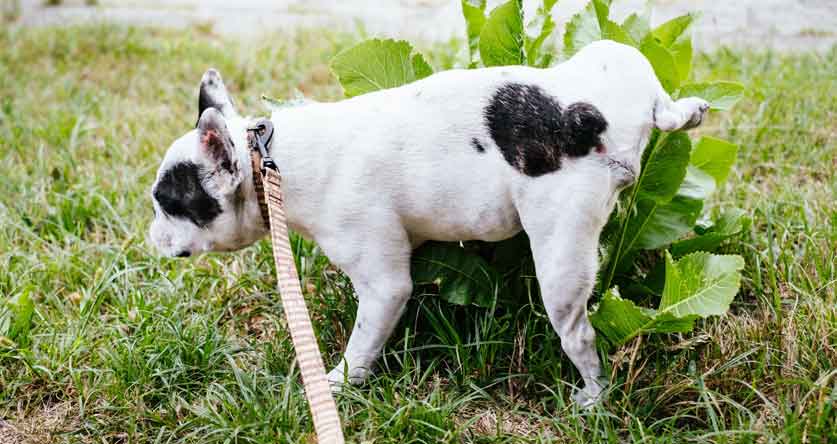
Dogs will use the same places to urinate to mark their territory, meaning they pee in the same locations.
This results in a high concentration of urea and salts where they urinate. These high concentrations can result in high salt and nitrogen levels which will be toxic to plants.
Consequently, training your dog to urinate on your compost pile is not a good idea. The amount of urine added to the compost would be too much. The high nitrogen and salt levels will make the environment in the compost pile toxic, and the decomposition process will slow down or halt altogether.
Can I Use Leaves With Dog Urine In Compost?
Suppose you rake up the fallen leaves in your garden. In that case, they will undoubtedly have dog urine on them if they have fallen in the spot where your dog typically urinates.
You can add these fallen leaves to your compost so long as you have not left the leaves on the ground too long.
Cat Urine In Compost
Cat urine is usually in the cat litter you put out for your cat to use as a toilet. Some cat litter can be added to compost. Still, others should not since they contain synthetic materials that will not break down in your compost.
Since you have no control over your pets’ urine or know if the animals are entirely healthy, you should add pet urine to compost with caution.
If you add cat litter to your compost, you should not use the resulting compost to fertilize food crops. However, it is OK to use elsewhere in your gardens, such as flowering plants and lawns.
Rabbit Urine In Compost
Rabbits consume mostly plant material, although they occasionally eat protein. This high plant diet makes their manure and urine good for composting.
The urine will mostly be contained in the straw used to line their cages and can be used with the same principle as using the “pee bales” for humans.
Add the urine-soaked straw to the compost as a “green” layer to balance any “brown” vegetation added to the compost pile.
Can You Have Too Much Urine In Compost?
Too much urine can harm the composting process and produce an inferior final compost product.
Excessive amounts of urine will add too much nitrogen, slowing decomposing.
Adding pee to a compost pile too frequently will result in a build-up of salts in the compost, which can lead to a toxic environment for the microbes doing the decomposing, slowing, or stopping the composting process.
Finished compost with an excessively high salt content can be detrimental when added to your plants, causing the plants to lose health or die.
Conclusion: Should I Put Urine In My Compost?
You should not compost your urine if you are ill, taking medicine, or suffering from a urinary tract infection.
Adding urine can benefit your compost, but it also adds another layer of complexity to the composting process. However, following the guidelines above, it’s a great way to add nitrogen and trace minerals to your compost.
Recycling your urine also has environmental benefits, such as using less water in the toilet.
I’ve got to go now… I need to pee!


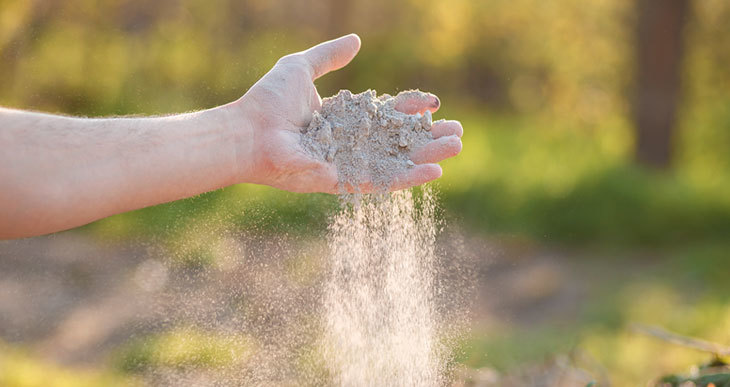
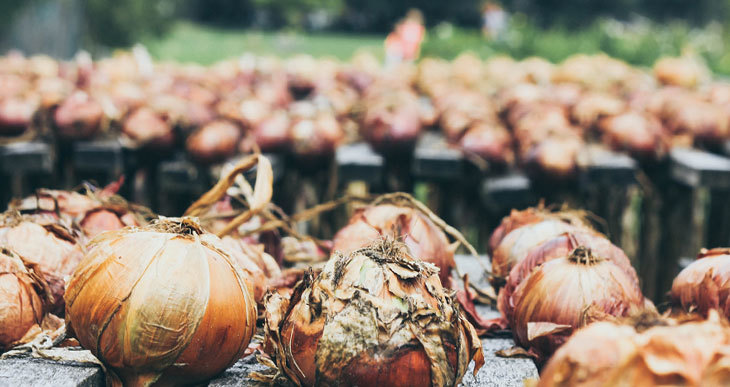

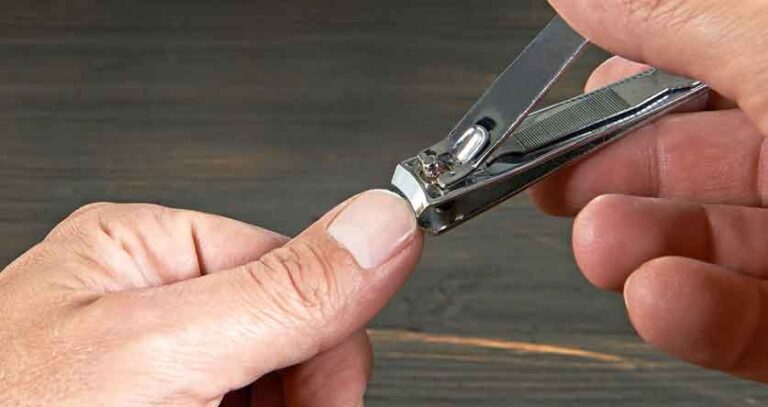
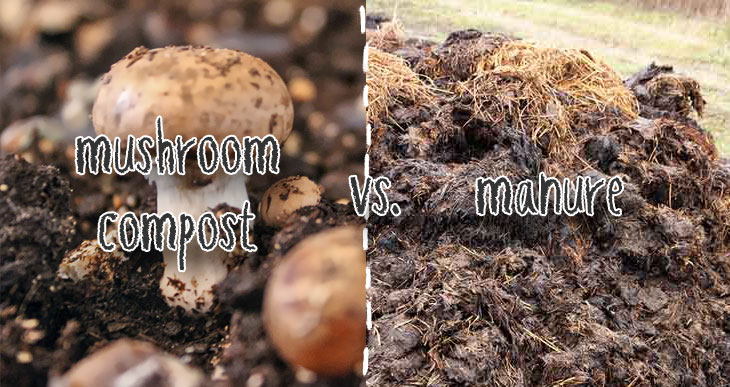

Hello. I added diluted urine to my compost bin and after a few hours the worms were no longer there. Is urine bad for the worms?
Many thanks
Lidia
Hey Lidia! Adding diluted urine can help your compost, but yes, too much nitrogen (in the urine) might have sent your worm buddies packing.
Happy composting!